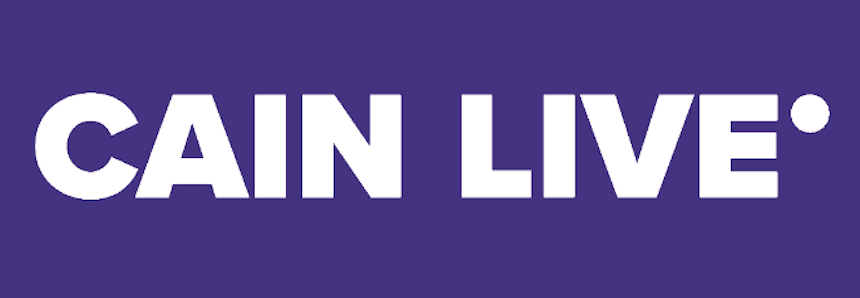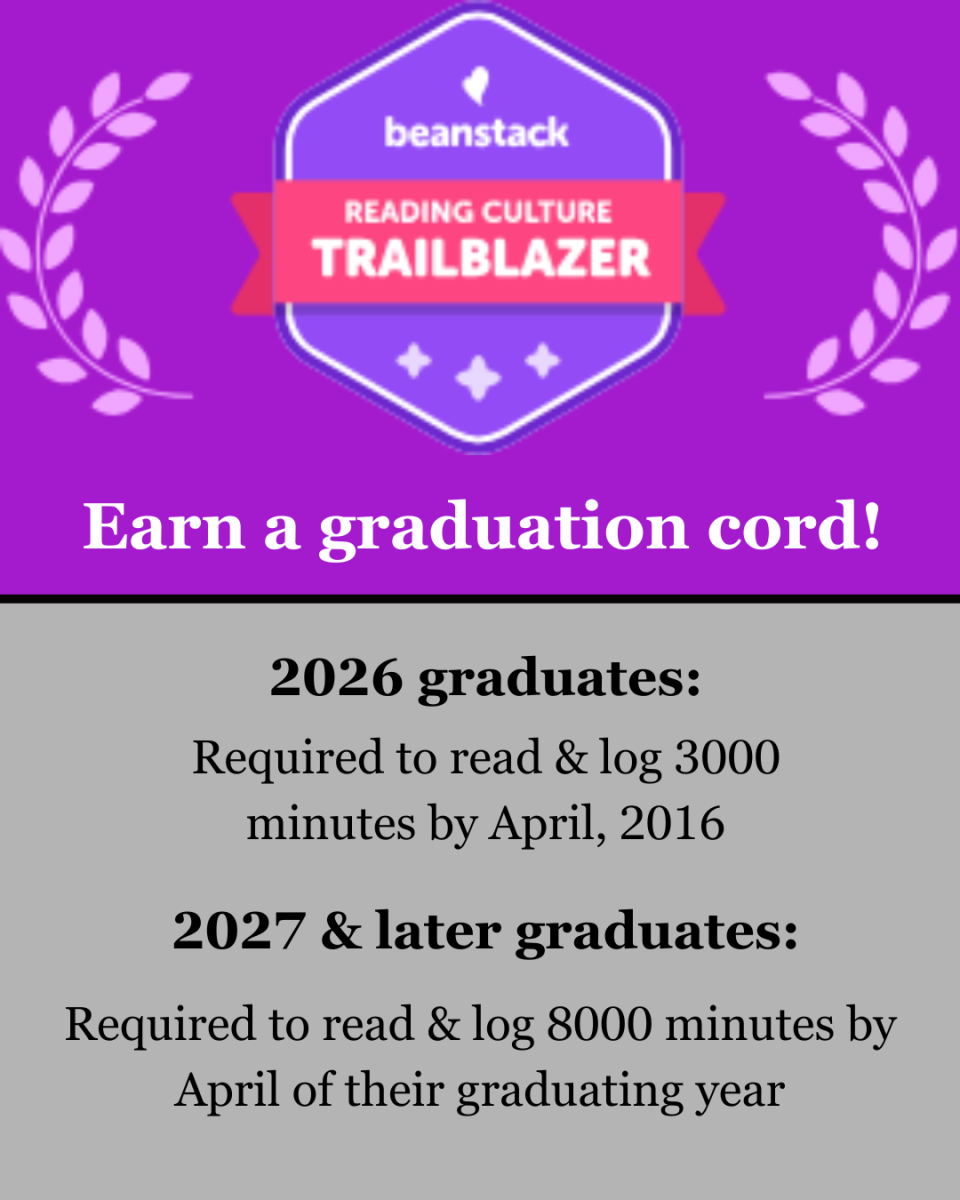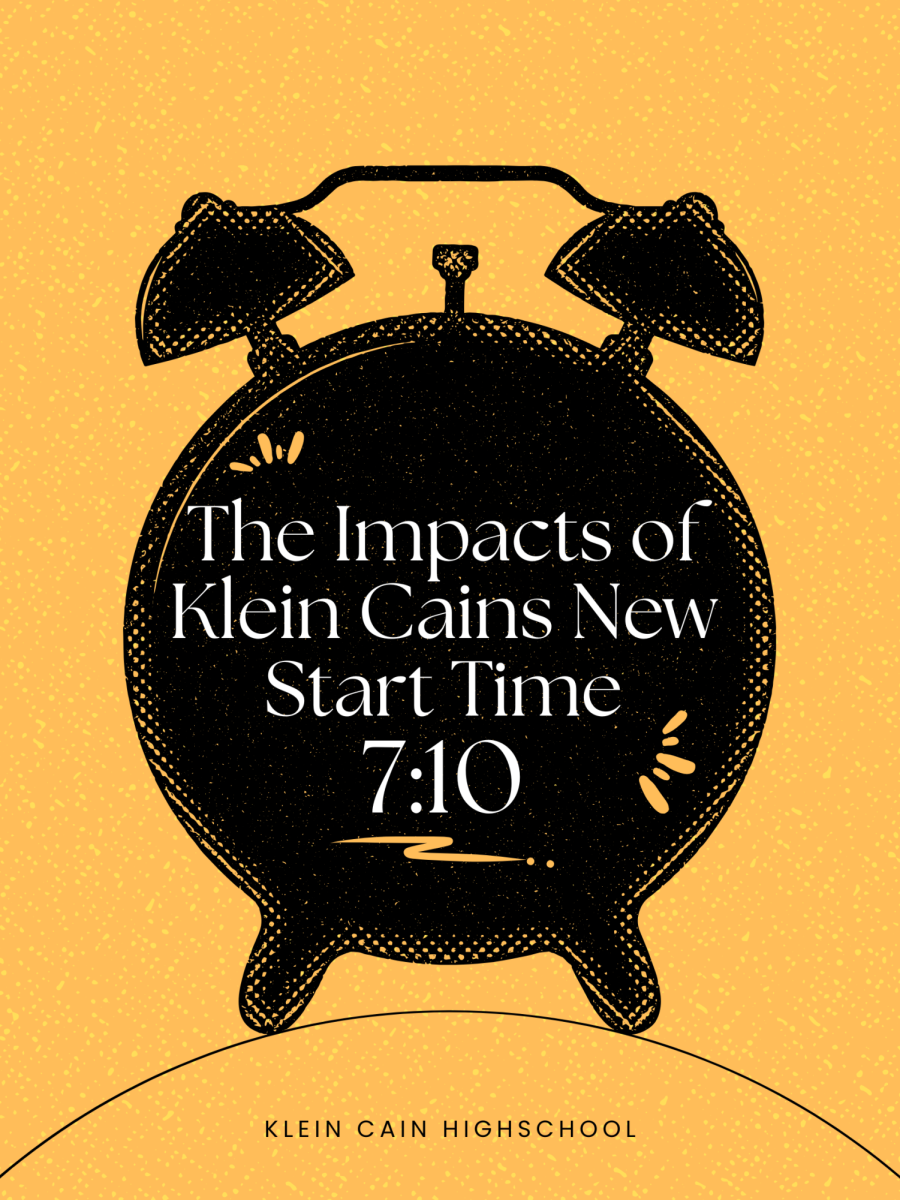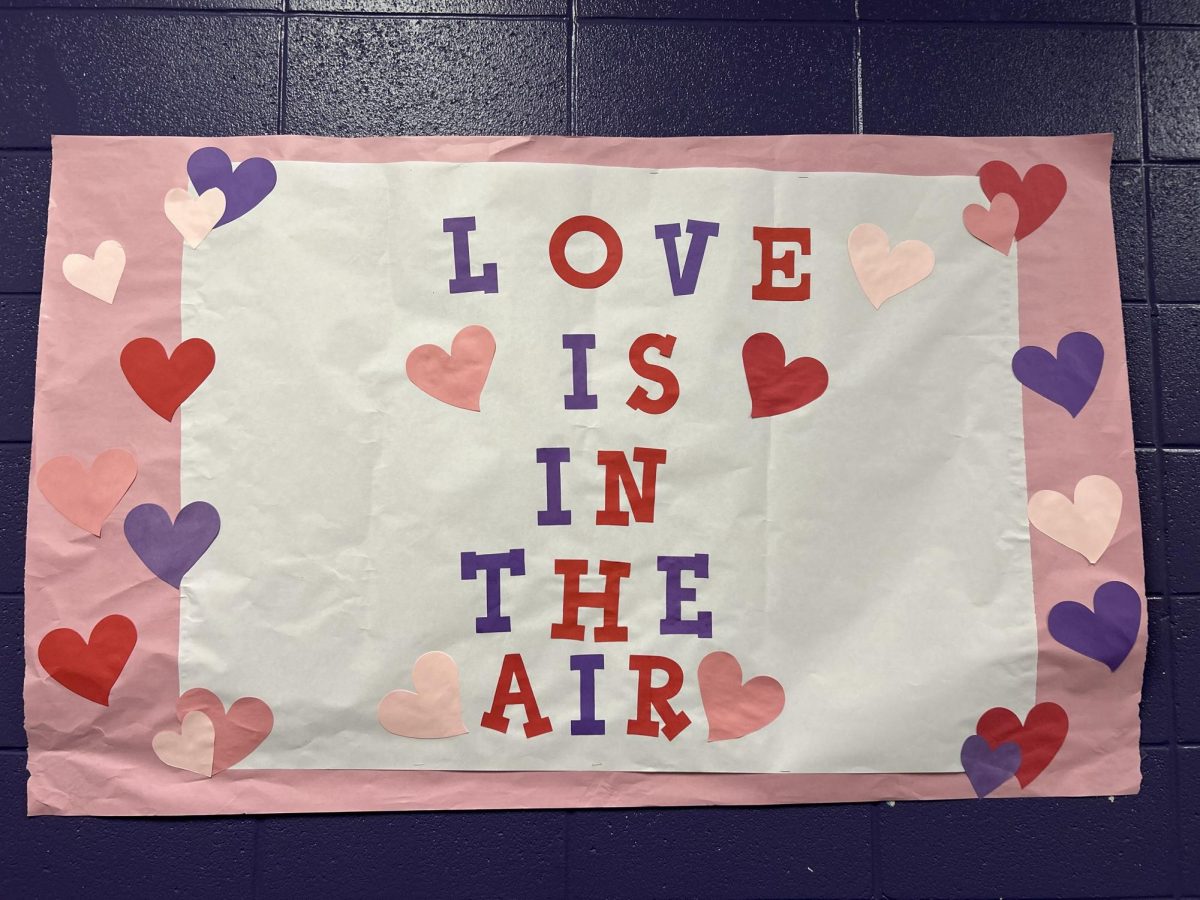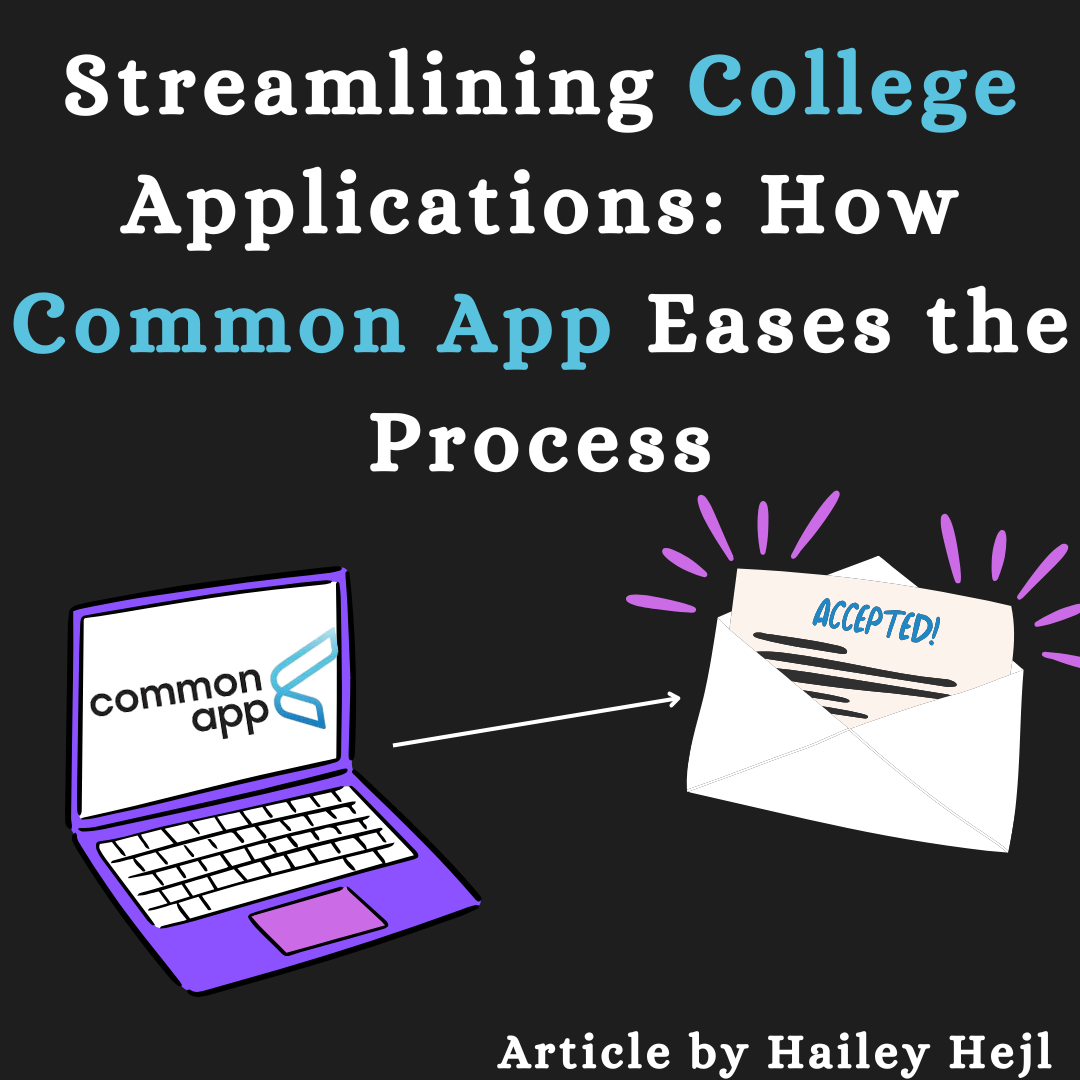Cain’s library has expanded its efforts and reach in providing student benefits, now with a spotlight on the district-wide utilized site, Beanstack, a site with reading challenges and recommendations. In addition to their list of offered supplies for a range of projects and their available study spaces, Klein Cain’s library staff has now implemented an achievement for students to work towards in an attempt to earn a graduation cord.
The school year began with numerous legal changes affecting the overall reach of education into students’ lives, as well as a list of new safety requirements. The library’s team-up with Beanstack adds a positive insertion to the new aspects of school, offering an opportunity rather than rules. Students are encouraged to participate in the program and compete through multiple posts on the library’s Schoology page.
“For each 2026 graduate, if they record 3000 minutes of reading on Beanstack by April, then they get a cord from the library. For undergraduates, the number is 8000, due in April of their senior year,” librarian Jesse Javillonar said.

Klein has previously been involved with the online platform, but has not allowed the high schools to get too involved until this school year. Jesse turned to his department and argued for this new establishment.
“I feel like kids in high school love reading, but so many things are fighting for their attention, like orchestra, academics, clubs, etc. I thought this would give them the incentive,” Javillonar said.
The advantages of reading are not limited to material deemed academic. Instead, all types of reading are seen as beneficial, especially for adolescents. Even mystical fantasy has a place in self-improvement, as seen in multiple studies regarding the minds of children.
According to Charlotte Webber, who wrote in her book, ‘Why is Reading Especially Important for Teens?, “Reading fiction supports self-discovery and development…When we emotionally connect with a character in a book and feel immersed in a story, our own identities…expand to include the thoughts, feelings, and experiences of the characters.”
But it’s not only the sense of self that can improve from books. To dedicate time to a piece of writing can and will expand one’s lexicon, which is a fact that AP literature teacher Kristy Morton often reminds students.
“Reading [helps] you to become a better thinker, writer, and analytical mind. [It’s] the one way that our minds pick up on patterns and learns new words,” Morton said. “When people don’t [have a strong] vocabulary or they struggle with their writing, the only way to get better is to [practice].”
Yet Beanstack’s opportunity rewards participants with more than the advantageous mental growth offered by its challenge. Any graduate who exceeds their required minutes, no matter what material is used to read, is promised a graduation cord.
“My kids have been very responsive to it, and I think the graduation cord was a huge incentive…Mr. Jesse and I want to establish that reading is something you do in class, and you can also extend it outside of class,” Morton said.
A common complaint about the time requirement is the lack of free time to reach the designated number. However, many students seem to forget how much they subconsciously read each day.
“I have to remind students that everything [they are] doing involves reading,” Jesse said. “Whether it’s audiobooks or textbooks, Beowulf or Macbeth in class, that’s reading, and I feel like [they] should be rewarded for that.”

